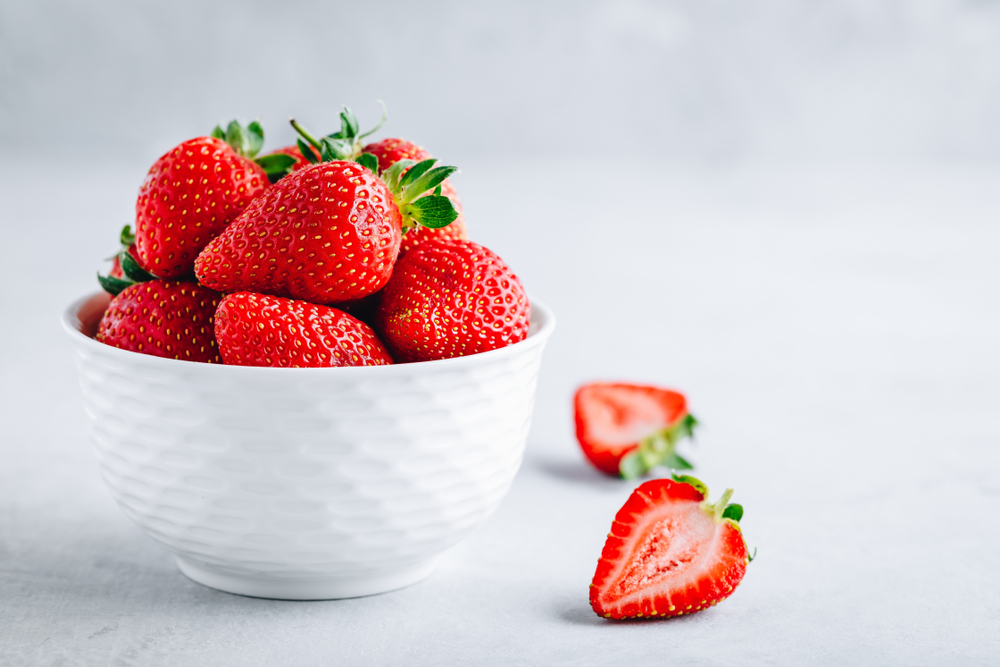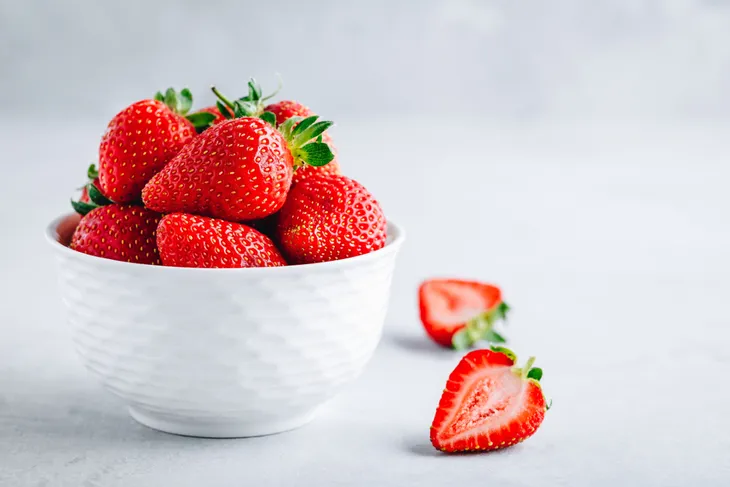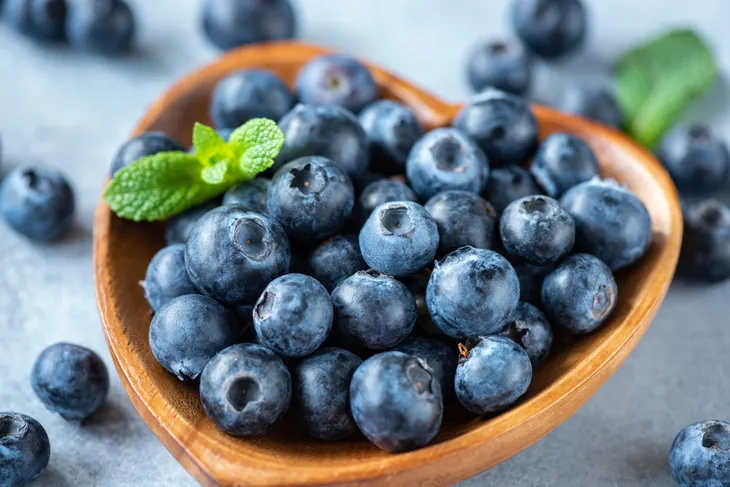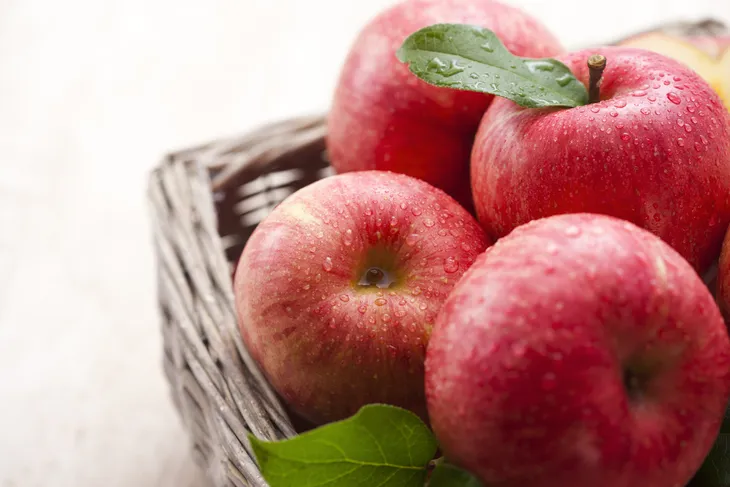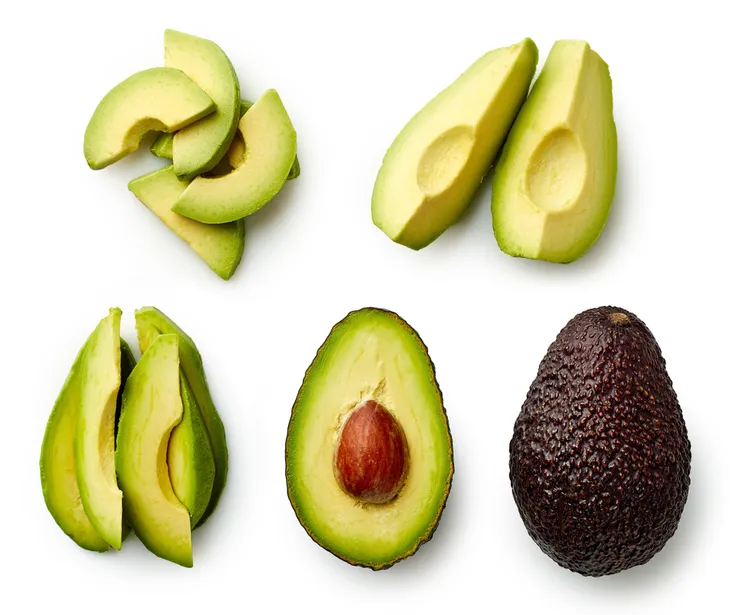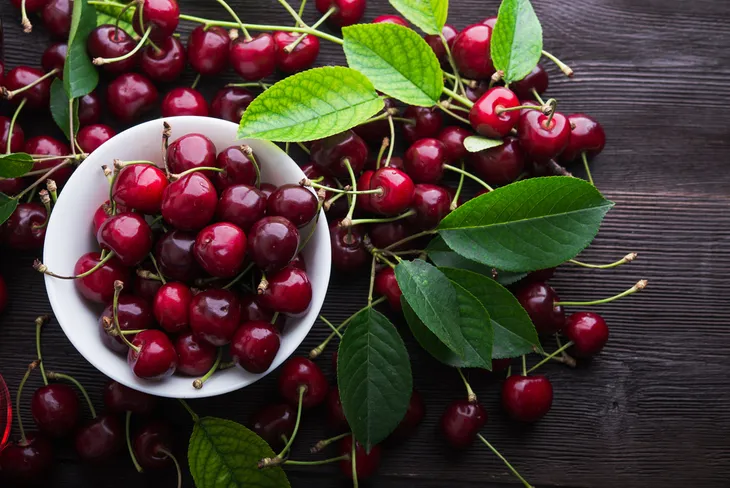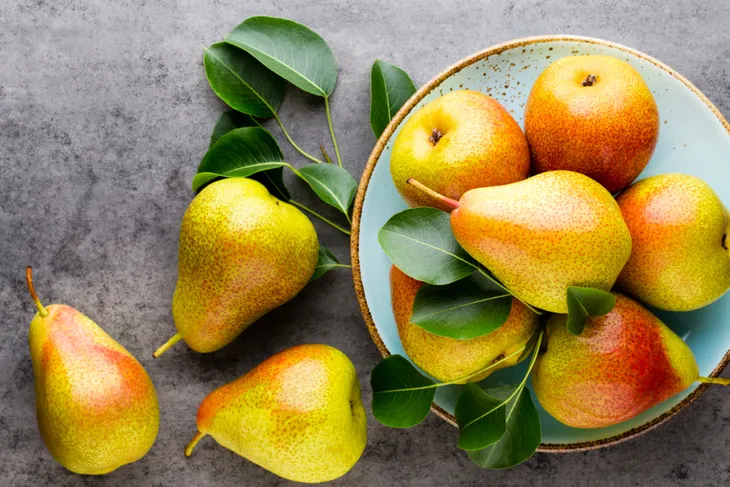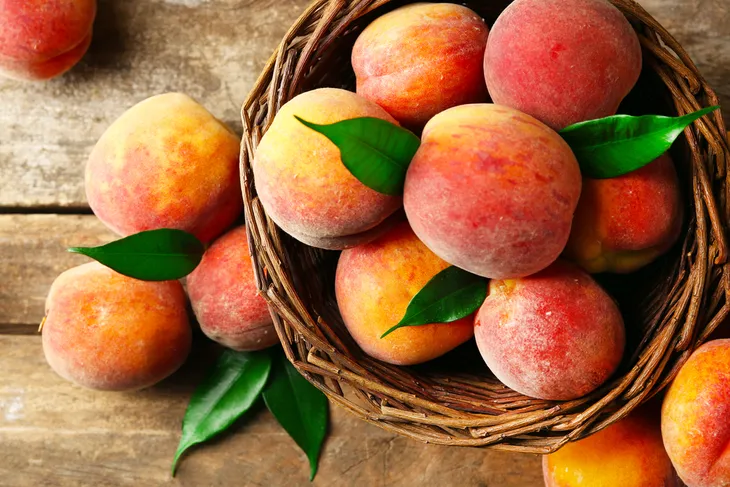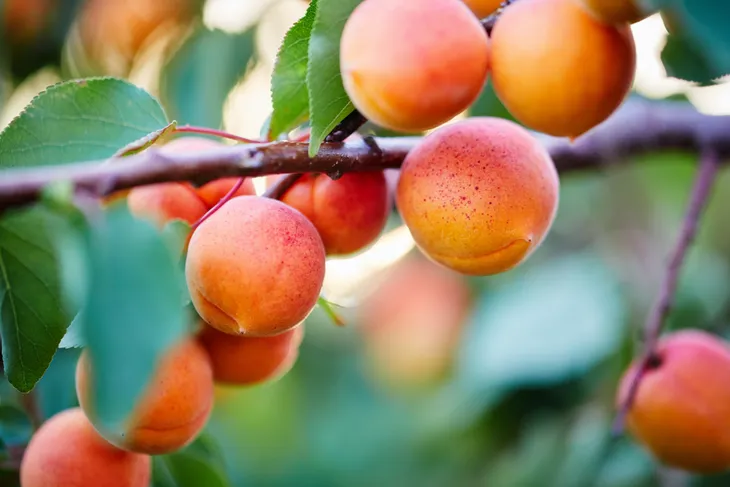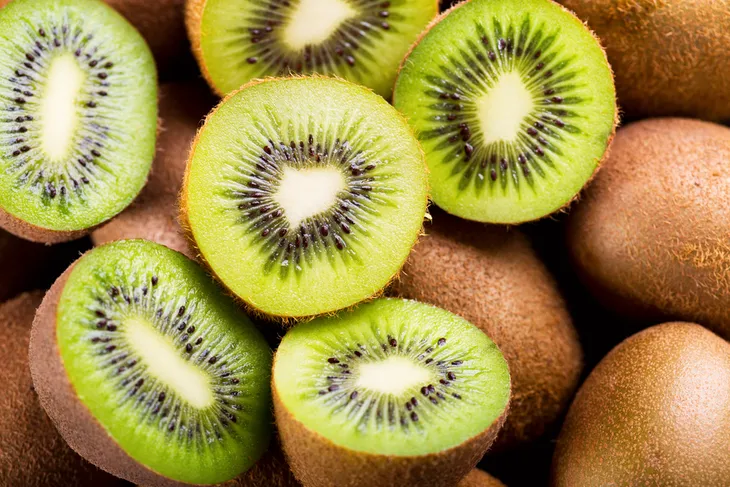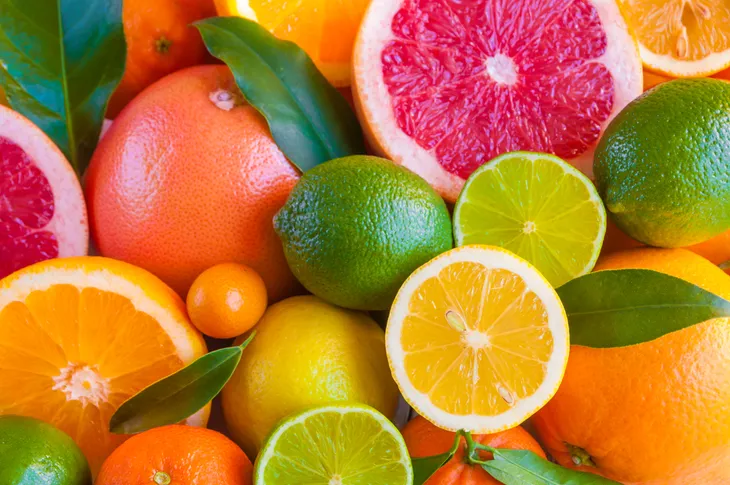Figuring out what to eat when you have diabetes can be a challenge. Especially since your main goal is to control your blood sugar levels. When it comes to fruit, some people are concerned that it will spike their blood sugar levels due to carbs and sugar. The good news is that there are plenty of fruits that are perfectly safe for diabetics. In fact, the American Diabetes Association (ADA), has a whole list of diabetes superfoods (including fruit) to choose from. Many types of fruits are not only chock-full of essential vitamins and minerals, but they’re also a great source of fiber that can help manage your blood sugar levels. It’s worth noting that just like any food on your diabetes diet, it’s still important to track what you eat, count your carbs, and watch your portion sizes.
Strawberries
Nothing beats snacking on freshly picked, in-season strawberries! Strawberries are loaded with health benefits and are also an excellent diabetes-friendly fruit because they’re high in antioxidants called anthocyanins.
Not only do anthocyanins help reduce insulin levels after a meal, but they have been shown to help reduce cholesterol too. They may also help improve blood sugar as well as lower the risk of heart disease for people with type 2 diabetes.
Blueberries
Strawberries aren’t the only berry diabetics can enjoy. Blueberries are also a great option! Just like strawberries, blueberries are chock full of antioxidants and fiber, making them a diabetes superfood!
Just 1-cup of blueberries contains 84 calories, 21-grams of carbohydrates, and 3.6-grams of fiber. Blueberries are also full of other essential vitamins and minerals like vitamin C, vitamin K, manganese, and potassium. You can enjoy blueberries fresh and by the handful or with other diabetic-friendly foods like Greek Yogurt.
Apples
Apples are very nutritious and can be a satisfying snack. Even though they contain sugar and carbs, the American Diabetes Association (ADA), deems apples as a healthy fruit for diabetics (both type 1 diabetes and type 2 diabetes).
Apples should have a minimal effect on blood sugar and insulin levels. That said, you should always be aware of how apples affect you. It’s worth noting, the sugar found in apples is different from added sugar you find in processed foods. Plus, apples contain fiber and other essential nutrients!
Avocados
Did you know avocados are considered a fruit? They’re also a great food for diabetics. Avocados are low in sugar, contain few carbs, and are chock-full of fiber. All of this plays a role in not spiking your blood sugar.
Avocados are also a great source of healthy fats known as monounsaturated fat and polyunsaturated fat. This can help raise your good cholesterol levels and control your bad cholesterol. In turn, this can help reduce your risk of a heart attack and stroke.
Cherries
Another great fruit for diabetics is cherries. They’re also packed with antioxidants which may help reduce your risk of heart disease, cancer, as well as other diseases.
To avoid spiking your blood sugar, it might be best to avoid canned cherries as these can contain added sugar. Instead, stick to enjoying fresh cherries! For more reasons to enjoy cherries, check out the incredible health benefits of eating cherries!
Pears
Pears are a delicious and healthy snack you can eat if you have diabetes. According to Healthline, “Their nutritional benefits can actually help you manage the condition, as many studies indicate.”
Pears have a low glycemic index, which means they won’t raise your blood glucose too quickly. But that’s not all, pears are also chock-full of essential vitamins and minerals! They also have other health benefits like fighting inflammation, helping with digestion, and more.
To obtain the best flavor, store pears at room temperature until they’re ripe. You can then store them in the fridge. They can be enjoyed as they are, but they also taste great tossed into a salad too!
Peaches
Fresh, juicy peaches can be the perfect snack to quench a sweet tooth craving. They’re also a great treat for diabetics. A small peach contains about 12-grams of carbs and 2-grams of fiber. They’re also a great source of vitamin A, vitamin C, and potassium.
It might be best to enjoy fresh peaches instead of canned because some canned varieties are packed in heavy syrup which may spike your blood sugar. Fresh peaches also taste great in smoothies, paired with Greek yogurt, or tossed in a salad.
Apricots
Apricots are similar to peaches in that they’re both stone fruits that have similar coloring and shape. That said, apricots are smaller than peaches and have a different, more tart flavor. Apricots can make another great addition to your diabetes meal plan.
Two fresh apricots contain only 34-calories, 8-grams of carbs, and 1.5-grams of fiber. They’re also a great source of antioxidants including beta carotene, vitamin C, vitamin A, and vitamin E. Fresh apricots taste great on their own but would also make a great topping for salad and cereal.
Kiwi
Kiwi is considered a low glycemic index (GI) fruit making it a suitable option for your diabetic diet. This bright green fruit is a little bit tart and perfectly sweet and might be just the snack you need to quench a sweet tooth craving.
In addition to being diabetic-friendly, kiwis are also a great source of potassium, vitamin C, and fiber. Kiwis are available all year round and should be stored at room temperature until ripe. Then, place them in the fridge until you’re ready to eat! In fact, kiwis can remain ripe and fresh for up to seven days in the refrigerator.
Citrus Fruits
The American Diabetes Association considered citrus fruits to be diabetes superfoods. This includes grapefruits, oranges, lemons, and limes. These fruits are full of fiber and are great sources of vitamin C, folate, and potassium.
Due to their high fiber content, these fruits will take longer to break down and digest. This allows a slow release of sugar into your bloodstream and in turn, will help your blood glucose levels remain stable for longer. These types of fruits are incredibly juicy on their own so enjoy them fresh!
